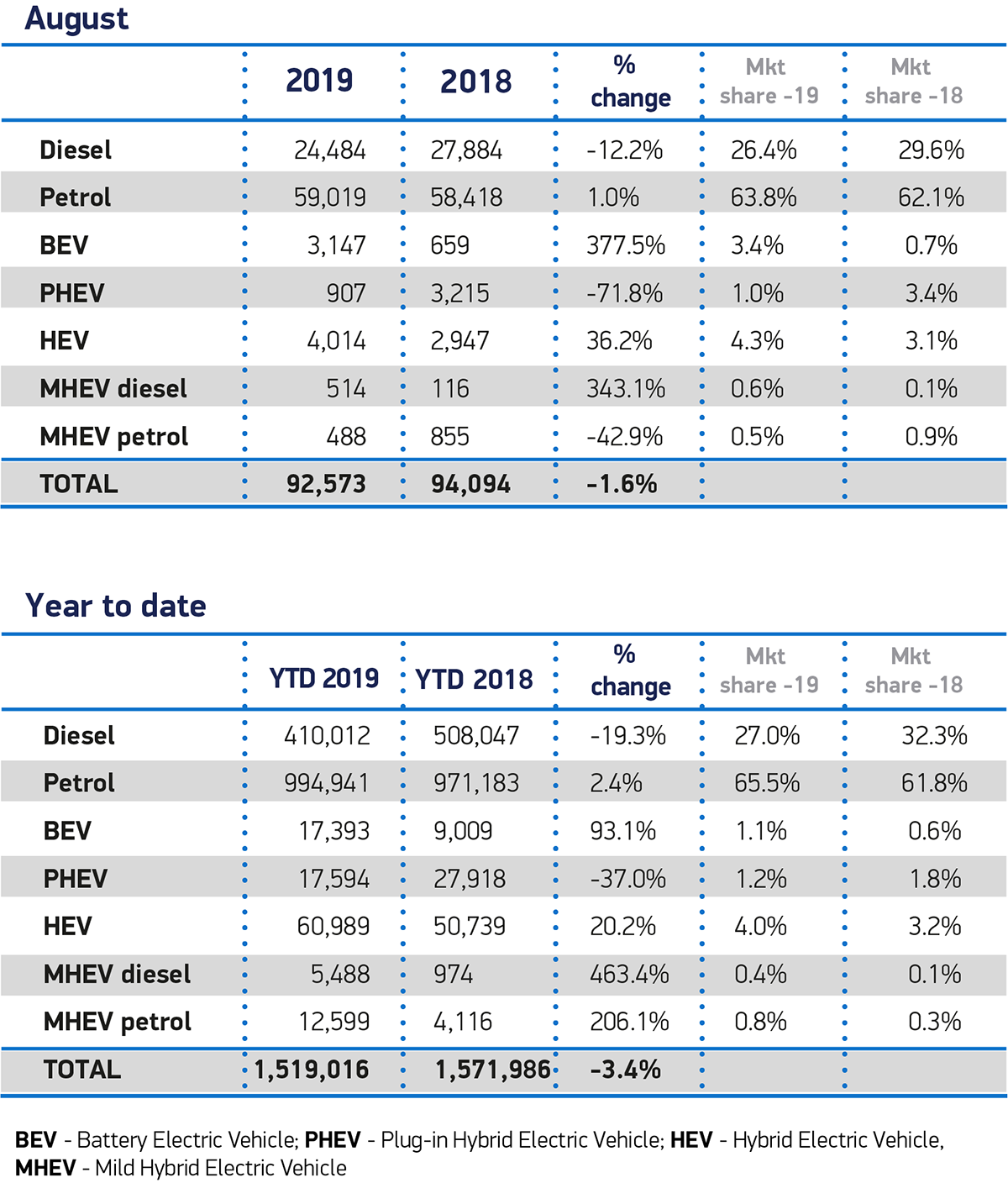And I have to challenge you back!
Denmark isn't necessarily a good comparison with the UK however- lower population density, higher concentration of urban living (implying shorter commutes) and much stronger "green" movement.
86% of Britain's population live in towns and cities, so any difference from Denmark is insignificant. And just like the Danes, the Brits will become just as "green" when they scent cheaper electricity via their compulsory e-car battery.
I'd stick to my guns regarding power surge however. I remember speaking to a guy at "Fully Charged Live" last year who worked for Tesla. When I really pushed him on the subject he admitted (through gritted teeth) that to fully charge a Tesla takes approx 6KW for between 4 and 6 hours. Multiply that 6KW with the 30 million cars on UK roads and you've got quite a power surge, even allowing for solar. At the moment, UKPN already have to spark up Dinorwig at the end of Eastenders every night and most kettles don't draw 6KW....
But it's not 30 million cars, most of our cars stand idle almost all their life, a huge proportion only used some days a week and then often only for very short trips. That's why they are ideal for sharing with the grid, a huge quantity of current just sitting around.
Average annual car mileage for females under 6000 a year, for males 9000 a year. That's 120/180 miles per week respectively with most newer e-cars having those ranges and more already on one charge. I only charge my over two year old e-car once a week at most, charging when it gets below half charged.
Another consideration is regarding vehicles paying back into the grid- that all counts as a discharge, thus reducing the life-cycle of the battery. With that in mind, I wonder how many people would want to shorten the life-span of a £100K Tesla just to pay back to the grid....
Again that is not the case, e-car battery life has been astonishing everyone. Nervous about this at the outset, the makers used low density cells to avoid such stresses and just as cautiously set a five year warranty. But when they sailed past five years with NO capacity loss they increased the warranties to eight years. But now the earliest ones are reaching ten years and sometimes with no capacity loss, they are having to think again. Some of those have been charged daily over all the years. Best example is the taxi firm who tried an early Leaf for the huge fuel cost saving and after seeing how well it lasted in the initial years bought four more, retaining a diesel only for the occasional very distance long trip. With taxi use they will have been charging seven days a week, on the oldest one for nearing ten years on the original battery which still shows full capacity on its capacity meter.
So no-one is going to be worried about sharing the battery of their lightly used car with the grid.
But even when at end of warranty life they are not scrap, they are down to 75% capacity and are then used in the home powerpacks that solar panel users have when they go on for years, being very useful.
Being an environmentalist from early days I ripped out gas fifty years ago to go all electric. My car's battery could run my home for two days in the depths of winter and five days in summer, showing how useful they can be to the grid.
With currently impeding battery sizes when we've all switched to e-cars, there will often be an idle 800 megawatts or more at peak demand times, just like having a large new nuclear station. And that's before the batteries have grown much larger in capacity, which they probably will.
.









